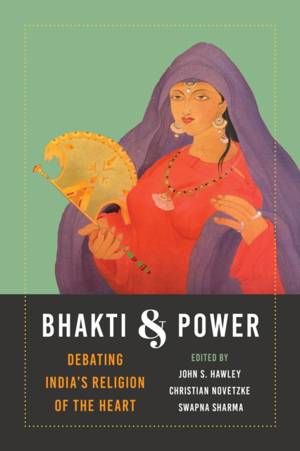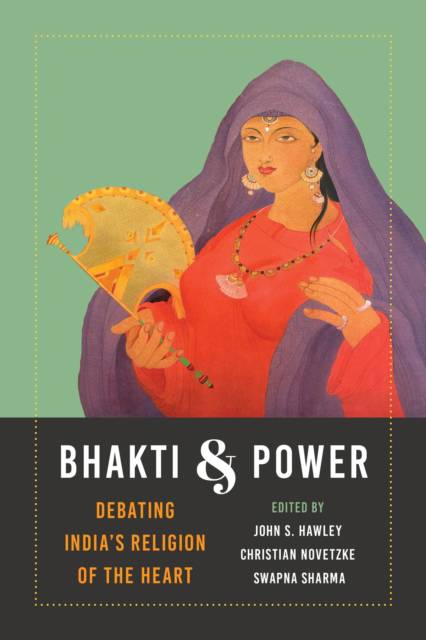
- Retrait gratuit dans votre magasin Club
- 7.000.000 titres dans notre catalogue
- Payer en toute sécurité
- Toujours un magasin près de chez vous
- Retrait gratuit dans votre magasin Club
- 7.000.000 titres dans notre catalogue
- Payer en toute sécurité
- Toujours un magasin près de chez vous
Description
Bhakti, a term ubiquitous in the religious life of South Asia, has meanings that shift dramatically according to context and sentiment. Sometimes translated as "personal devotion," bhakti nonetheless implies and fosters public interaction. It is often associated with the marginalized voices of women and lower castes, yet it has also played a role in perpetuating injustice. Barriers have been torn down in the name of bhakti, while others have been built simultaneously.
Bhakti and Power provides an accessible entry into key debates around issues such as these, presenting voices and vignettes from the sixth century to the present and from many parts of India's cultural landscape. Written by a wide range of engaged scholars, this volume showcases one of the most influential concepts in Indian history--still a major force in the present day.
Spécifications
Parties prenantes
- Editeur:
Contenu
- Nombre de pages :
- 272
- Langue:
- Anglais
- Collection :
Caractéristiques
- EAN:
- 9780295745503
- Date de parution :
- 06-05-19
- Format:
- Livre broché
- Format numérique:
- Trade paperback (VS)
- Dimensions :
- 147 mm x 226 mm
- Poids :
- 385 g






